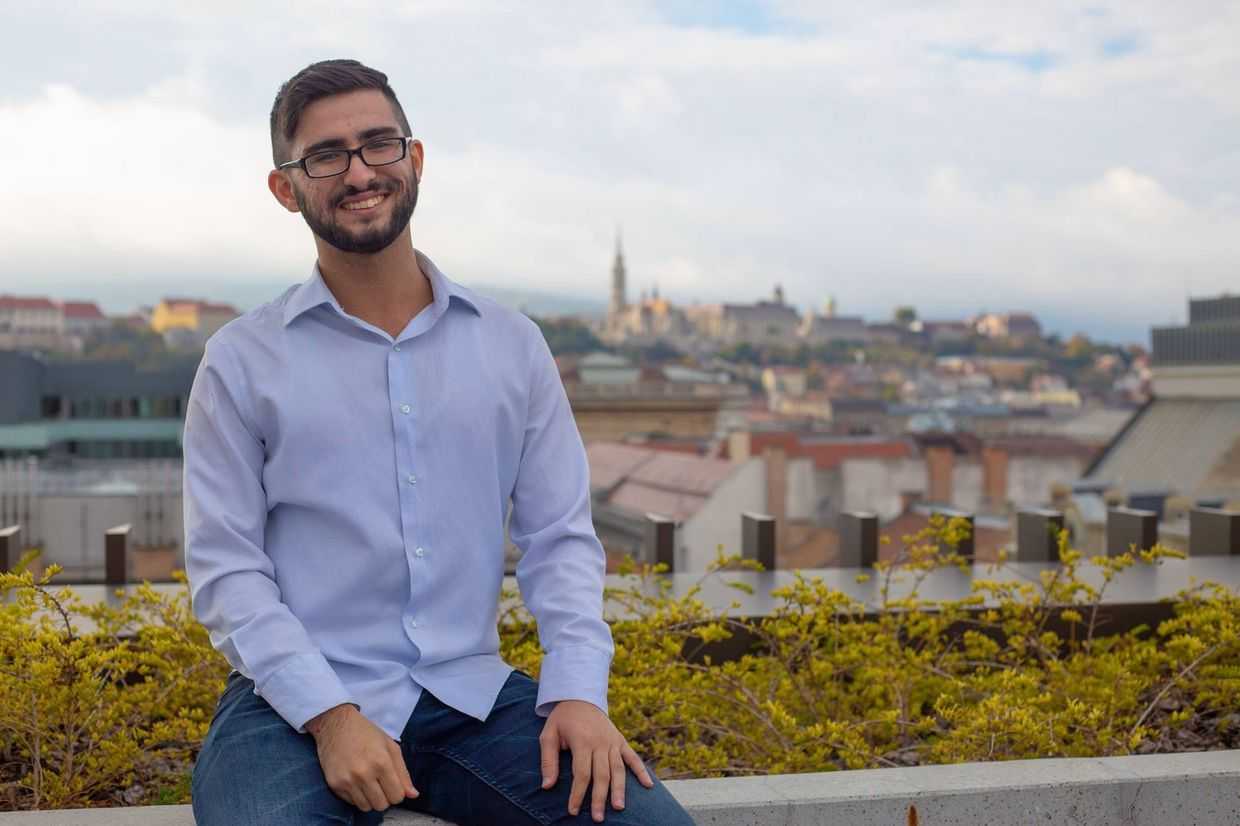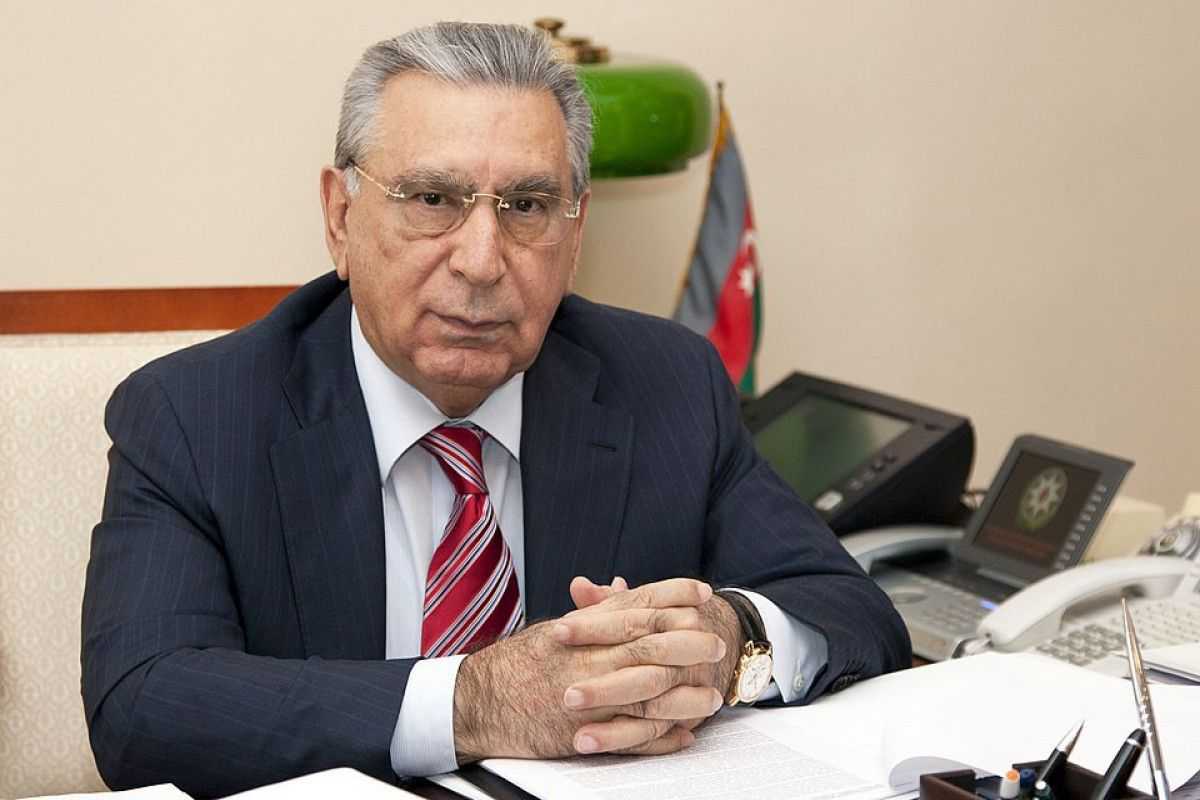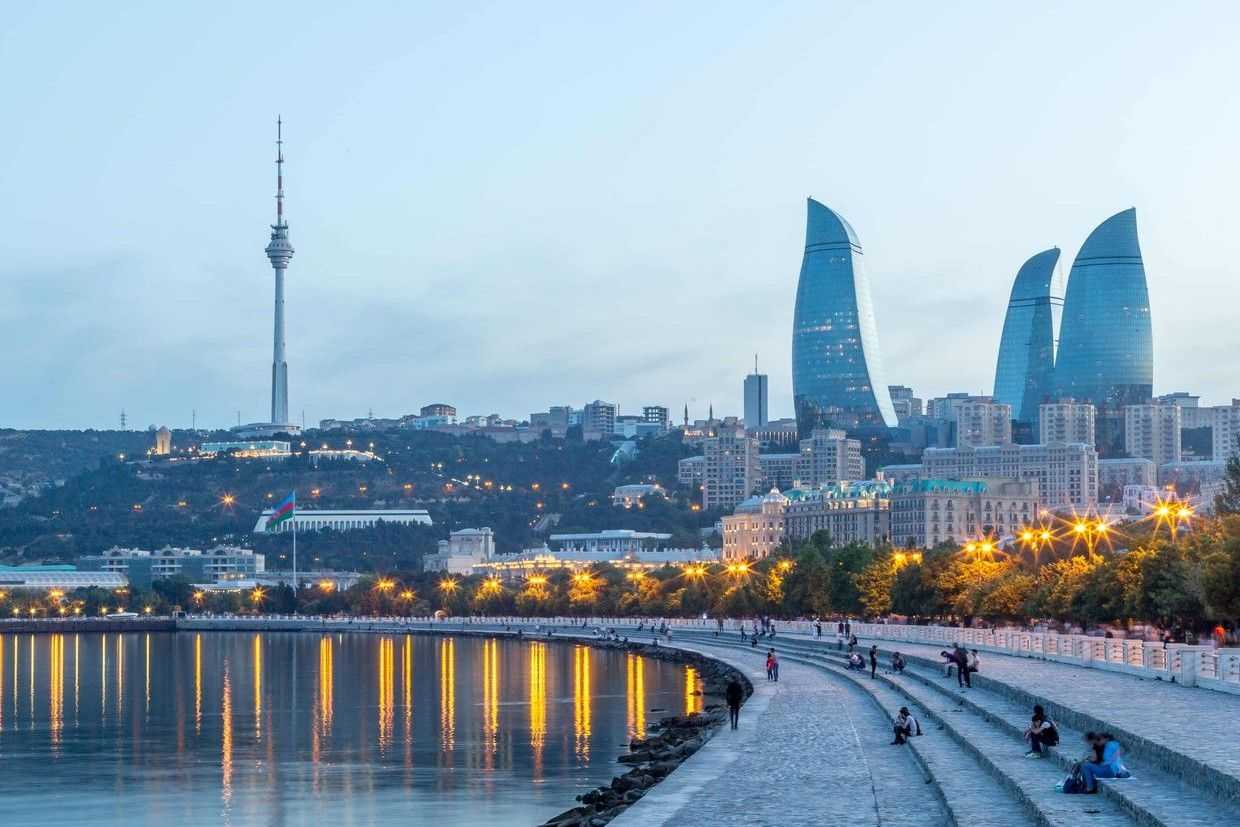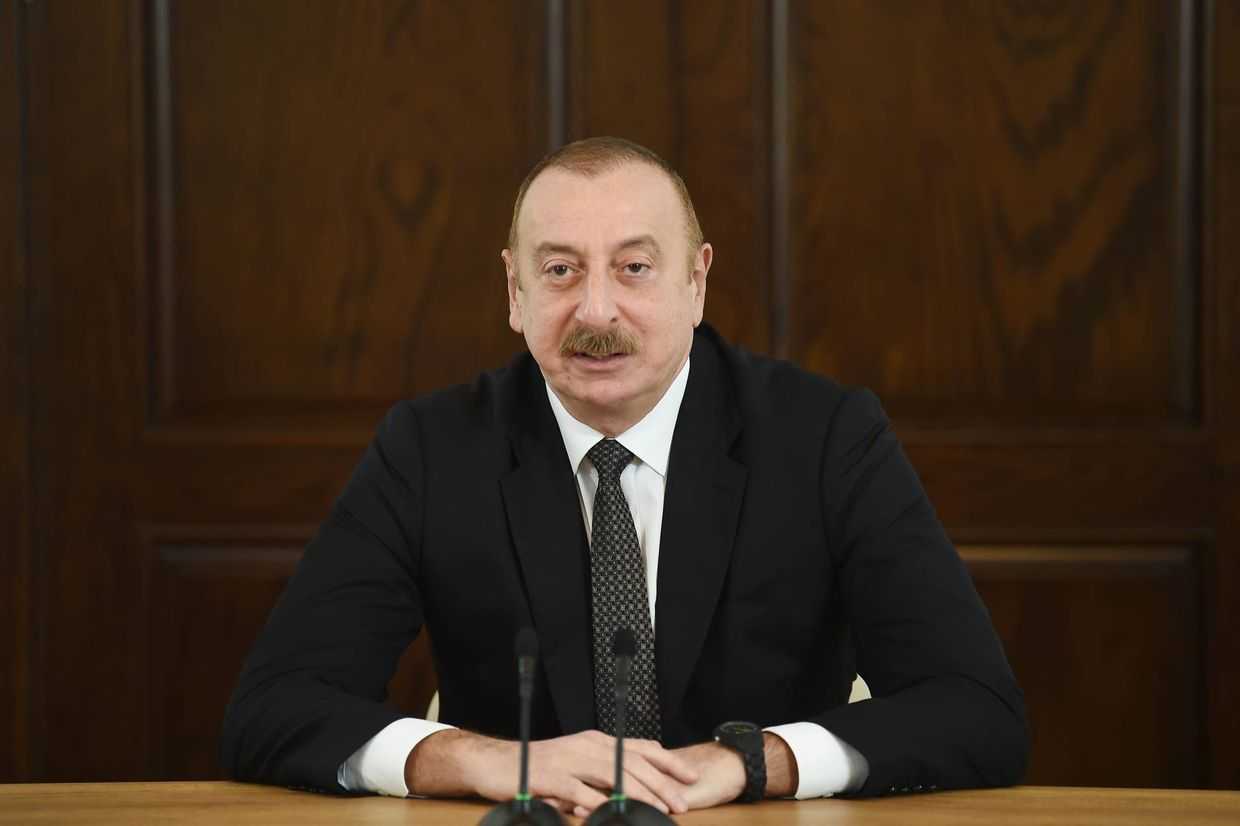
Detained opposition politician and economist Gubad Ibadoghlu is reportedly being pressured by the authorities to give up the contact information and whereabouts of his children living abroad in exchange for phone privileges.
Ibadoghlu, the chair of the opposition Azerbaijan Democracy and Welfare party, was detained on 23 July on charges of printing, acquiring, or selling counterfeit money as part of an organised group — charges he denies and claims are politically motivated.
If found guilty, Ibadoghlu could face eight to 12 years in prison.
[Listen to the Caucasus Digest: Podcast | The arrest of Gubad Ibadoghlu]
His daughter, Zhala Bayramova, told OC Media that Ibadoghlu is subjected to psychological pressure every time one of his family members gives an interview or posts about him on social media.
‘Very bright lights are always on, not letting him sleep’, she said. ‘They also asked about our addresses and phone numbers so that they [could] haunt us or punish us’.
Bayramova told OC Media that the Azerbaijani authorities have also prevented Ibadoghlu’s relatives from travelling, echoing similar claims made by her uncle, Galib Bayramov.
Bayramov told Turan on Thursday that the only family member who was exempt from the travel ban was their brother, Vugar Bayramov, who is currently serving as an MP.
Bayramov also said that the penitentiary service threatened to deprive Ibadoghlu of his phone privileges in detention should he refuse to give up his relatives’ addresses and phone numbers.
Zhala Bayramova told OC Media that her mother and her uncle were only able to visit him twice since his detention.
‘These meetings were very short, only 30 minutes, even though legislation requires them to be four hours, face to face’, she said. ‘They had to talk to him on the phone from a distance with a glass wall in between’.
Worsening health condition
On Thursday, Ibadoghlu was denied his appeal for transfer to house arrest on grounds of his worsening health condition.
His lawyer, Zibeyda Sadigova, told local media that they had attempted to secure a transfer to house arrest so that Ibadoghlu could receive treatment at his own expense. She claims that Ibadoghlu, who suffers from high blood pressure and diabetes, is not being provided with medical supervision or treatment while in detention.
Bayramova told OC Media that on 5 September, her father had suddenly felt ill, and that he suffered from left ventricular hypertrophy and diastolic dysfunction.
‘His health is deteriorating; he is visibly skinnier’, she said, warning that he might have lost up to 15 kilogrammes since his detention.
She added that the penitentiary service refused to provide any information about his health condition or to provide him with necessary prescription medicine.
‘His medications ended, as he didn’t bring enough, thinking he would only stay for two months. We can not purchase anymore without [new] prescriptions’, she said.
‘At the same time, many of the old medications need to change, some of them are even harmful to continue’.
‘Must be immediately and unconditionally released’
Ibadoghlu’s detention has drawn international criticism, with Amnesty International demanding his immediate release on Thursday.
‘Gubad Ibadoghlu’s arrest on fabricated charges is yet another example of the Azerbaijani authorities’ misuse of the criminal justice system to target peaceful criticism and dissent’, stated the organisation, which said that his treatment while in detention ‘adds insult to injury’.
On Tuesday, the European Court of Human Rights reportedly ordered Baku to take urgent measures to ensure the protection of Ibadoglu’s health.
His daughter, Bayramova, told OC Media that she does not expect ‘fair judgement’ from the Azerbaijani legal system.
‘I expect them to extend the preventive detention for a year at least. They usually prolong preventive detention’, she said.









